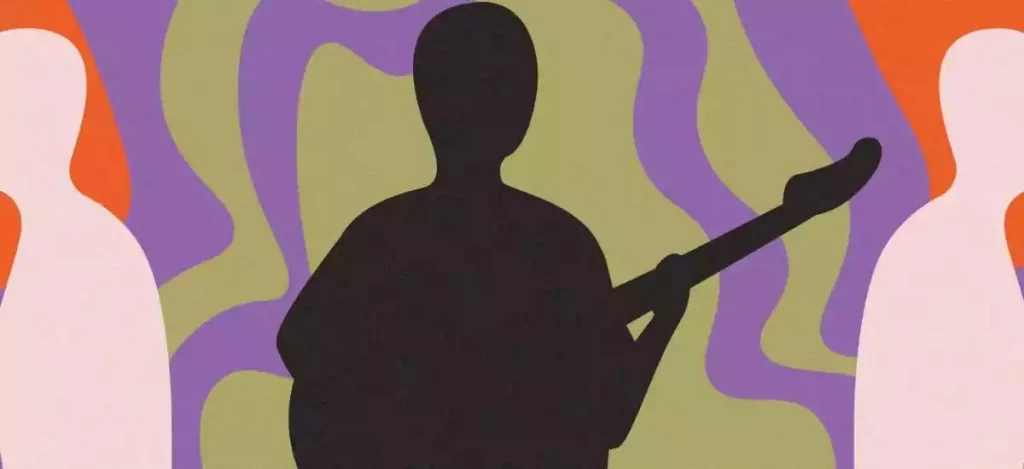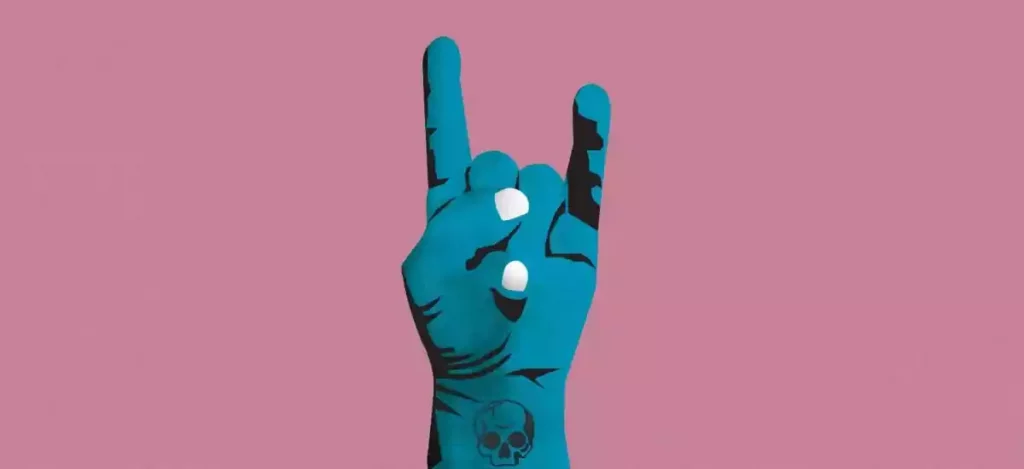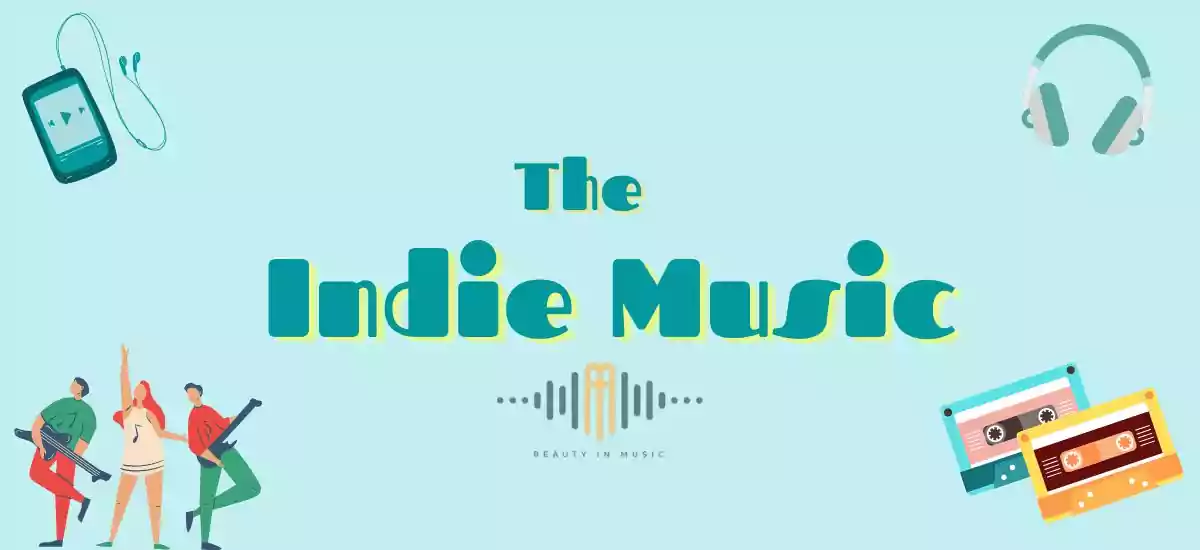Definition Of Indie Music
Indie means, Independence. A term first used to describe artists who recorded and released records themselves, rather than through a label. There is a lot more beyond this definition. A lot of independent artists are signing with big brands these days. Hence, Indie music is defined as an attitude, a sound, or an alternative way of making music these days.
Are you a music lover? Do you wish to take music as your career? Here is everything you need to know about Indie music, history, and examples.
What Actually Is Indie Music?
The term ‘Indie’ music encompasses various subgenres like Indie pop, Indie rock, and Indie folk. Though interconnected, these subgenres are musically distinct. Indie music isn’t a single genre but rather a multitude of subgenres with a unique off-kilter edge and a spirit of independence from the post-punk era..

Without major label investments, artists can explore their creativity, design songs, direct videos, and promote their work independently. This has made it easier for Indie artists to find success without a major label deal.
History Of Indie Music With Examples
Indie music originally referred to independent artists but now overlaps with multiple genres. The term gained popularity in the 1970s in the UK and US, especially among independent artists and labels.
Indie rock is the most prominent type of Indie music, blending with alternative rock for more mainstream appeal. Bands like Pixies, Arctic Monkeys, The Decemberists, Vampire Weekend, and The Smiths are iconic Indie rock bands.
Some popular Indie songs include:
- “Where Is My Mind” by Pixies
- “Smells Like Teen Spirit” by Nirvana
- “How Soon Is Now” by The Smiths
- “Ladies of Cambridge” by Vampire Weekend
Artists like Florence + the Machine blend genres but are often considered soul-inspired Indie rock. Songs like “Never Let Me Go” and “Breath of Life” are essential listens for Indie fans.
Pre Indie Artists Who Influenced Indie Music Today
Artists from the 60s and 70s significantly impacted Indie music. The Beatles, for instance, revolutionized sound and attitude in music by taking control of their sound and pioneering new recording methods. The Beach Boys also made substantial contributions.
Indie music In The Late 70s And Early 80s
According to the documentary “Music for Misfits: The Story of Indie,” Indie music was born in 1977. The Buzzcocks from Manchester released independent albums, coining the term Indie. The Smiths and R.E.M. were popular in the early 80s, with albums like “Meat Is Murder” and “This Charming Man” defining the Indie sound of the era.
Indie Music In The Late 80s
The late 80s saw a rise in Indie music popularity due to advancements in recording equipment and decreased production costs. Labels like Matador Records, Sub Pop, Dischord, Merge, and Touch and Go became influential. Noise rock and shoegaze genres emerged, with bands like Cocteau Twins leading the shoegaze movement.
Indie Music In The 90s
The 90s experienced an explosion of Indie music with the rise of noise rock and shoegaze. Bands like Nirvana, Pearl Jam, and Soundgarden achieved mainstream success. Indie music became more affordable with digital recording systems replacing tape recorders. Elliot Smith became a notable Indie artist of the 90s, writing about themes like drugs and mental illness.
Indie Music In The 2000s
The 2000s brought Indie music into the mainstream due to technological advancements and the internet. New techniques for promoting Indie music emerged. Bands like Modest Mouse, Bright Eyes, and Death Cab for Cutie achieved commercial success and eventually signed with major labels.
What Does Ds Al Fine Mean In Music? Everything you should know about.

What Is Indie Music Now And Is It Popular Today?
Indie music has evolved significantly. With streaming platforms dominating the industry, there’s pressure on Indie artists to produce content quickly. Music is omnipresent, making this a golden period for artists. Independent labels continue to thrive, making it hard to determine the exact popularity of Indie music.
FAQs
Q. What is an example of Indie music?
- Examples include Radiohead, Arctic Monkeys, The Buzzcocks, The Strokes, Snow Patrol, Pavement, and Kings of Leon.
Q. What does Indie mean in music?
- Indie means independent. It refers to artists who create, record, and publish their music independently from major labels.
Q. Why is it called Indie music?
- It’s called Indie music because artists publish their music independently from commercial labels.
For more information, check out: Is Piano A String Instrument?

